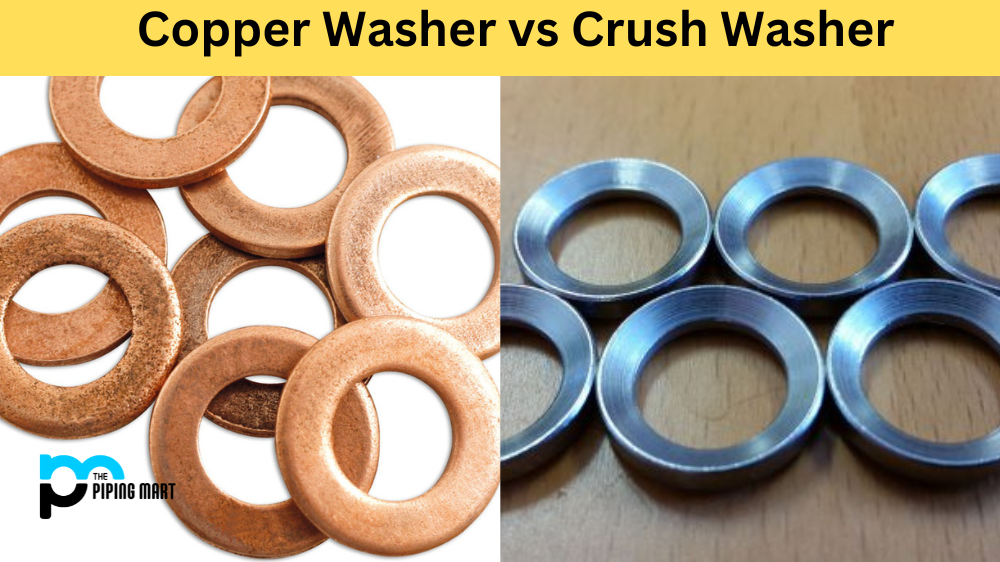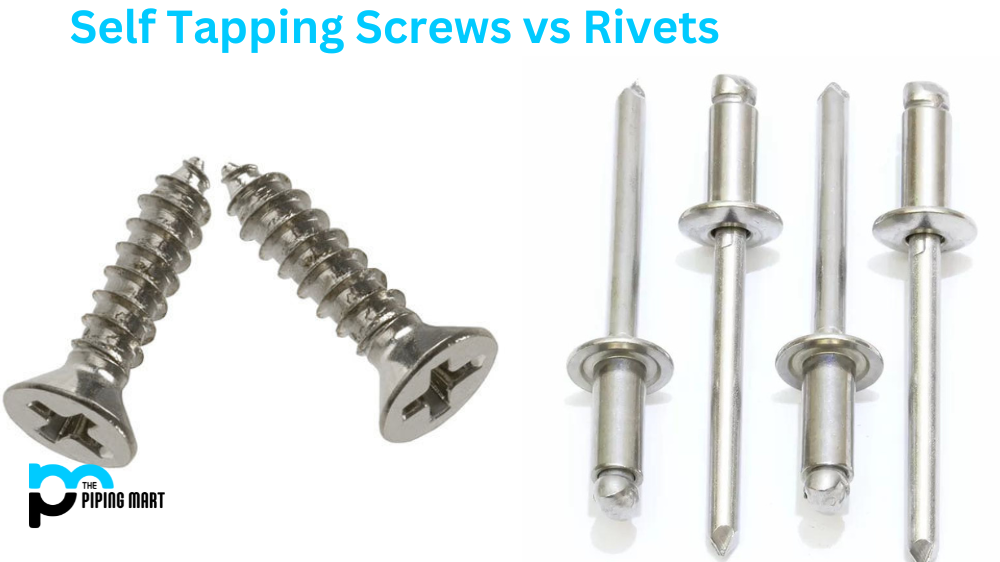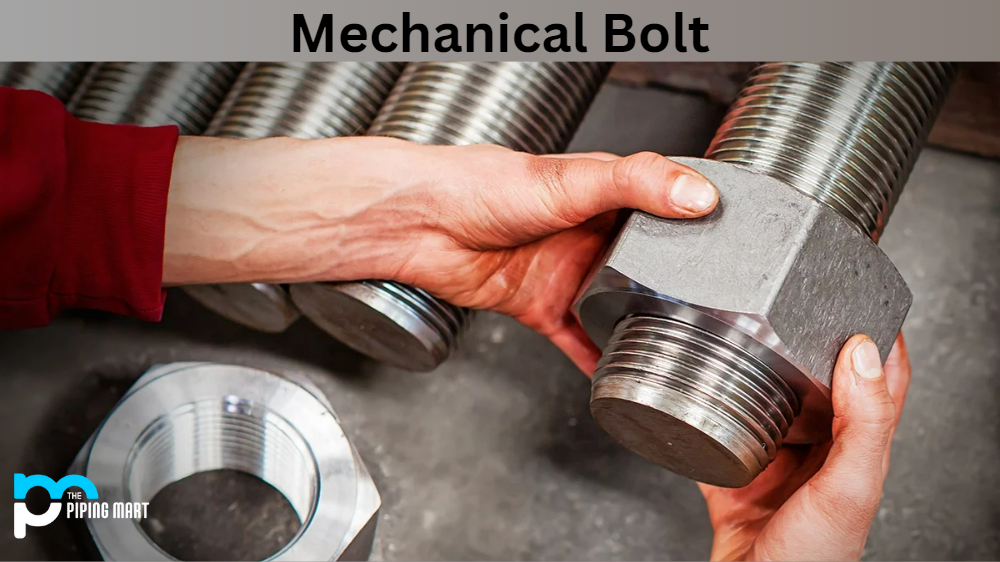This article is for you if you’re trying to decide between a copper washer and a crush washer. Both washers provide a tight seal between two surfaces, but they work differently and are suited for different applications. This article will examine the differences between copper and crush washers, their use, and which best fits your needs.
What is Copper Washers?
Copper washers are flat, round copper discs between two surfaces to provide a tight seal. They’re soft and malleable, which means they can be easily compressed to conform to the shape of the surfaces they’re sealing. Copper washers are corrosion-resistant and have excellent electrical conductivity, making them ideal for electrical applications. They’re also great for high-temperature environments, as they can withstand temperatures up to 900 degrees Fahrenheit.
Some common applications for copper washers include automotive oil pans, fuel lines, and transmission pans. However, they’re also used in many other industries, such as plumbing, HVAC, and aerospace.
What is Crush Washers?
Crush washers are flat, round discs between two surfaces to provide a tight seal. However, they’re made of a different material than copper washers. Crush washers are usually made of aluminium or steel, and they work by being compressed between two surfaces to form a permanent seal. They’re called crush washers because they’re designed to be crushed when tightened down, creating a seal that won’t leak.
Difference Between Copper Washer and Crush Washer
Crush washers, such as oil drain plugs and brake callipers, are commonly used in automotive applications. They’re also used in plumbing and hydraulic systems. Compared to copper washers, crush washers are generally cheaper and are better suited for applications that don’t require as much heat resistance or electrical conductivity.
Which One is better?
The answer to this question depends on your specific application. Copper washers are great for high-temperature environments and electrical applications but can be more expensive than crush washers. Crush washers are cheaper and better suited for applications that don’t require as much heat resistance or electrical conductivity. They’re also great for applications requiring a permanent seal, as they’re designed to be crushed and won’t come loose.
Conclusion
In conclusion, copper and crush washers have pros and cons; the choice between them ultimately comes down to what you need them for. Copper washers are ideal for high-temperature environments and electrical applications, while crush washers are better suited for applications without heat resistance or electrical conductivity. Use the right size and thickness for your application to ensure a tight, leak-free seal.

Hey, I’m Krutik, a casual blogger expert in the metal industry. I am passionate about providing valuable information to my readers. With a background in engineering and construction, I like playing Cricket & watching Netflix shows in my free time. Thank you for visiting my blog, and I hope you find my information helpful!




